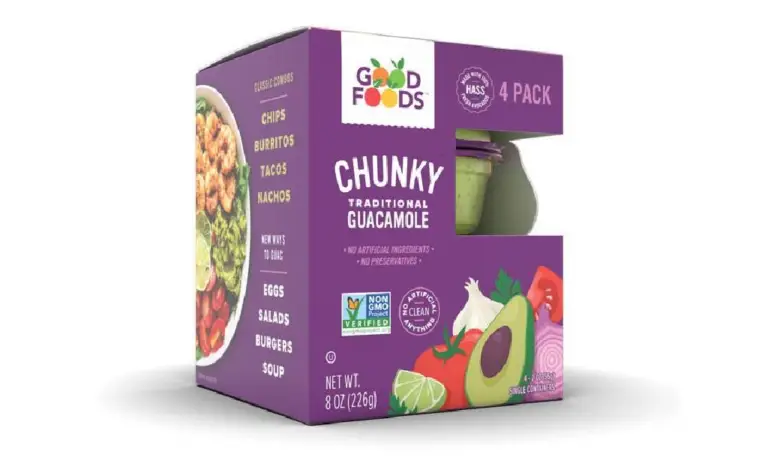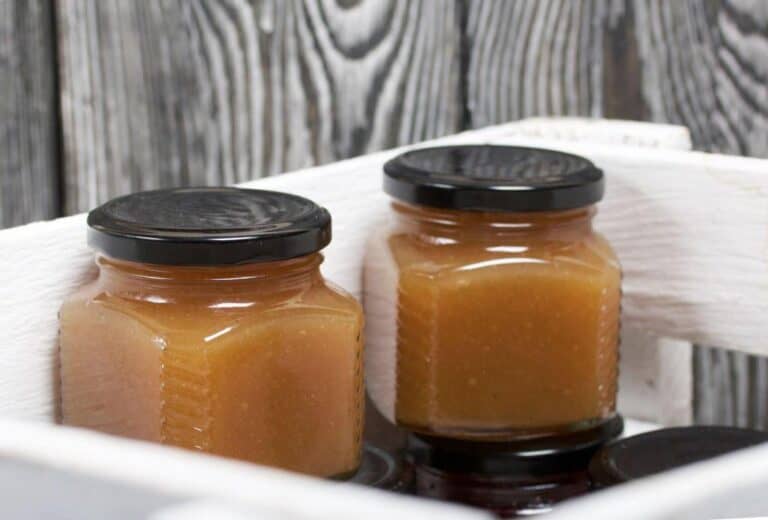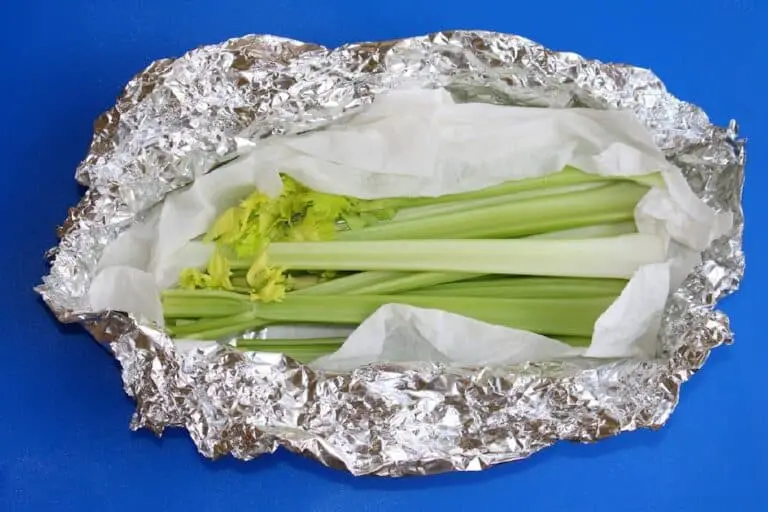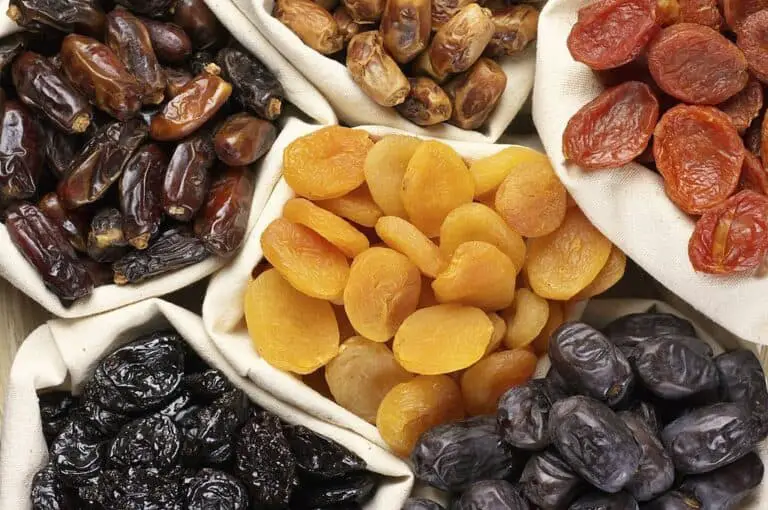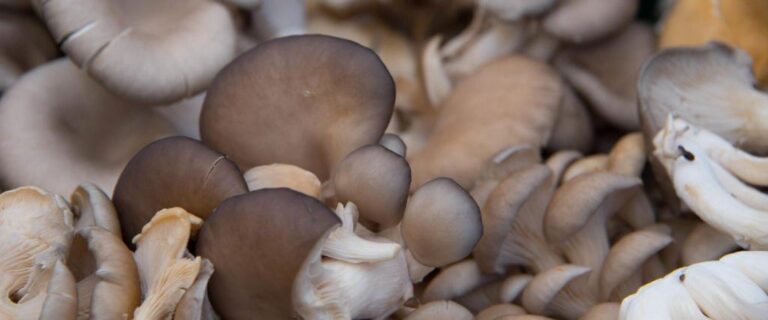Can You Eat Raw Bok Choy? Is Raw Bok Choy Toxic or Safe to Eat?
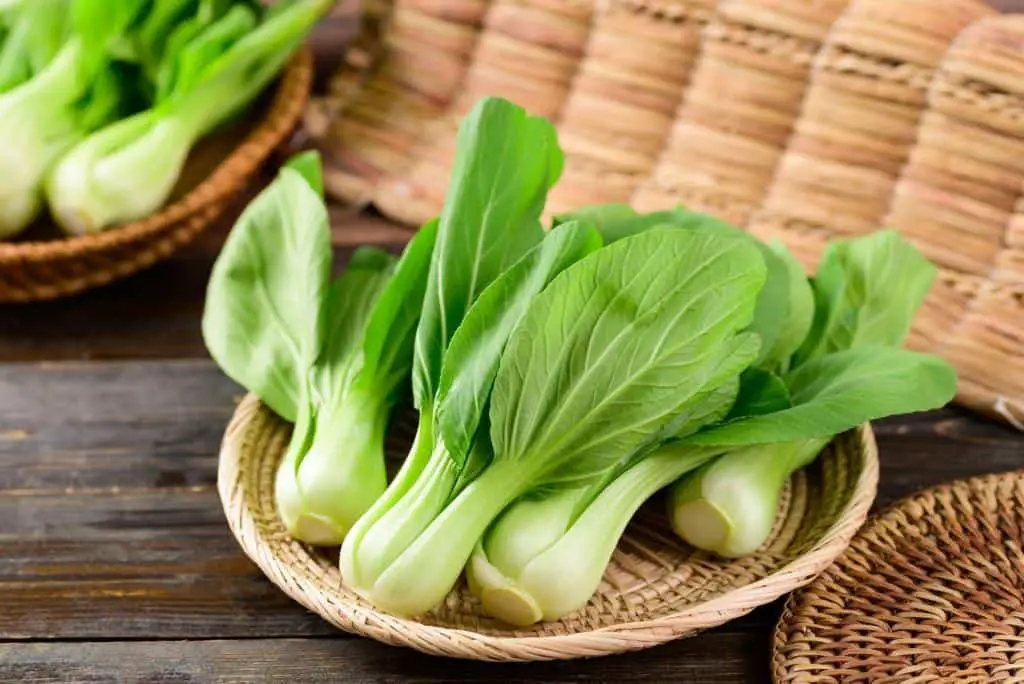
Looking for a new and exciting addition to your salad? Bok choy might be just the thing! This leafy green vegetable is full of vitamins, minerals, and antioxidants that can benefit your health.
But can you eat it raw? And is it safe to consume? These are important questions to consider when it comes to adding bok choy to your diet.
In this article, we’ll explore the safety of consuming raw bok choy and provide tips on how to prepare it safely. So, whether you’re a fan of salads, smoothies, or simply looking for a new vegetable to try, read on to discover the ins and outs of raw bok choy consumption!
Why Are Bok Choy So Popular?
In recent years, bok choy, which is also called Chinese cabbage, has become very popular. This cruciferous vegetable has been a staple in Asian cuisine for centuries and has now become a trendy ingredient in Western dishes. The popularity of bok choy can be attributed to several factors, including its unique taste, versatility, and health benefits.
One of the reasons bok choy is so popular is its distinct flavor. The vegetable has a mild, slightly sweet taste with a hint of bitterness, making it a perfect addition to stir-fries, soups, and salads.
Its texture is also interesting, with soft leaves and crunchy stalks that make dishes more interesting.
Another reason for bok choy’s popularity is its versatility in cooking. Its flavor pairs well with a wide range of ingredients. Bok choy can be steamed, boiled, stir-fried, grilled, or roasted, making it an all-around ingredient in a variety of dishes.
It’s also an excellent vegetable to use in vegetarian and vegan recipes, as it adds texture and flavor to dishes without relying on meat.
Bok Choy Nutritional Value
Bok choy is incredibly nutritious and offers many health benefits. It’s low in calories and high in fiber, making it an excellent choice for those trying to maintain a healthy weight. It’s also full of vitamins and minerals that are important for our overall health
One cup (70 grams) of shredded bok choy contains only 9 calories, 1 gram of protein, 1 gram of fiber, and 1 gram of sugar. Bok choy is an excellent source of vitamins C and K, with one cup providing 35% and 27% of the daily value (DV), respectively.
It also contains folate, potassium, manganese, and selenium. Bok choy is a good source of fiber, which supports digestive health and helps reduce the risk of chronic diseases.
Bok choy is low in carbohydrates, with one cup of shredded raw bok choy containing only 1.5 grams of carbs and 0.7 grams of fiber. The glycemic load of bok choy is less than 10, which is considered low and should have little effect on blood glucose levels. Bok choy is also rich in antioxidants, which can help prevent cell damage and reduce the risk of chronic diseases such as cancer.
Benefits of Eating Bok Choy
Bok choy has many health benefits that make it an excellent addition to any diet. Eating bok choy can help your digestion, protect your heart, boost your immune system, and keep you from getting cancer.
One of the most significant benefits of eating bok choy is that it can improve digestion. Bok choy is a great source of fiber, which helps keep you regular and keeps you from getting constipated. It also contains enzymes that aid in the breakdown of food and the absorption of nutrients, making it easier for the body to digest and utilize the nutrients from food.
In addition to improving digestion, bok choy can also promote heart health. It contains high levels of potassium, which helps regulate blood pressure and prevent hypertension.
The vegetable is also rich in antioxidants, which can help reduce inflammation in the body and prevent damage to the cardiovascular system. Bok choy is also an excellent food for boosting immunity.
It is rich in vitamin C, which is essential for the production of white blood cells that help fight off infections and diseases. It also has vitamin A, which can help make your immune system stronger and protect you from getting sick.
Finally, bok choy has been shown to have cancer-fighting properties. It has chemicals in it called glucosinolates, which have been shown to stop cancer cells from growing and stop the growth of tumors.
Can You Eat Raw Bok Choy?
Yes, you can eat raw bok choy! In fact, raw bok choy is a popular ingredient in many salads and slaws. It’s also an excellent option for those who prefer raw vegetables or are looking for a crunchy snack.
When eating raw bok choy, it’s important to select fresh, firm heads with crisp leaves and stems. Bok choy is high in water content, which gives it a refreshing and juicy crunch when eaten raw. Its mild and slightly sweet flavor adds a pleasant taste to salads and other raw dishes.
To prepare raw bok choy, start by washing it thoroughly under running water. Remove any damaged or discolored leaves and trim off the ends of the stalks. You can then chop or slice the bok choy into bite-sized pieces or use it as a base for a raw green salad.
WARNING
Raw bok choy is safe and healthy to eat, but eating a lot of raw cruciferous vegetables can make some people’s stomachs feel uncomfortable. This is because raw bok choy contains natural compounds called goitrogens that can interfere with thyroid function in large amounts. But these compounds are safe to eat in small amounts and are easy to get rid of by cooking.
Are Raw Bok Choy Toxic or Safet to Eat?
As mentioned above, bok choy can be consumed cooked or raw, but many people wonder whether raw bok choy is safe to eat or if it contains any toxic compounds. Even though raw bok choy has some natural toxins, it is generally safe to eat in small amounts.
Like many leafy greens, bok choy contains small amounts of natural toxins called glucosinolates. These compounds are part of the plant’s natural defense mechanism and can help to deter insects and animals from eating bok choy leaves. However, this bok choy’s ingredients are generally considered safe for human consumption in small amounts and can even have some health benefits.
The human body can metabolize glucosinolates into compounds that have anti-cancer and anti-inflammatory properties. These compounds can help reduce the risk of certain types of cancer, such as lung, prostate, and breast cancer.
Health Risk and Side Effects of Eating Raw Bok Choy
While bok choy is generally considered safe to eat, there are some health risks and side effects associated with consuming raw bok choy, especially in large amounts.
One of the main concerns with raw bok choy is its potential to interfere with thyroid function. Raw bok choy and other cruciferous vegetables have substances called goitrogens that can stop the body from absorbing iodine and stop the thyroid from making hormones. This can lead to hypothyroidism, a condition in which the thyroid gland does not produce enough hormones.
However, it’s worth noting that the amount of goitrogens in raw bok choy is relatively low and is not likely to cause any significant health issues unless consumed in extremely large quantities.
Another side effect of consuming raw bok choy is gastrointestinal discomfort. Raw bok choy is high in fiber, which can be difficult for some people to digest, leading to gas, bloating, and stomach discomfort. Also, if you eat a lot of raw bok choy, you might get diarrhea because the high fiber content can make you go to the bathroom more often.
Also, raw bok choy might be contaminated with harmful bacteria like E. coli or Salmonella if it isn’t washed or handled correctly. Eating contaminated bok choy can lead to food poisoning, which can cause symptoms such as vomiting, diarrhea, and fever. To avoid getting sick, always wash bok choy well before eating it raw and store it in the right way to stop bacteria from growing.
How to Prepare Raw Bok Choy Safely for Consuming
Bok choy is a healthy and delicious vegetable that can be enjoyed raw or cooked. However, if you plan to consume raw bok choy, it is essential to prepare it safely to avoid any potential health risks. Here are some tips for preparing raw bok choy safely:
- Choose fresh bok choy: When purchasing bok choy, look for fresh, vibrant leaves that are free from blemishes or discoloration. Avoid any vegetables that look wilted or have yellowing leaves.
- Wash thoroughly: Before consuming raw bok choy, it is important to wash it thoroughly with running water to remove any dirt, debris, or bacteria that may be present on the leaves. You can also use a vegetable brush to scrub the leaves gently.
- Cut off the ends: Trim the ends of the bok choy stems with a sharp knife. This will remove any discolored or damaged parts of the vegetable and help to ensure that it is safe to consume.
- Separate the leaves: Separate the individual leaves of the bok choy and rinse each one separately. This will help to clean and ensure that all parts of the book choy are safe to eat.
- Store properly: Once you have prepared the bok choy, store it in an airtight container in the refrigerator until you are ready to consume it. Raw bok choy can stay fresh for up to five days when stored properly.
By following these tips, you can prepare raw bok choy safely and enjoy all of its health benefits without any potential health risks. Whether you are using it in a salad or as a crunchy snack, bok choy is a versatile and delicious vegetable that can be a healthy addition to any diet.


